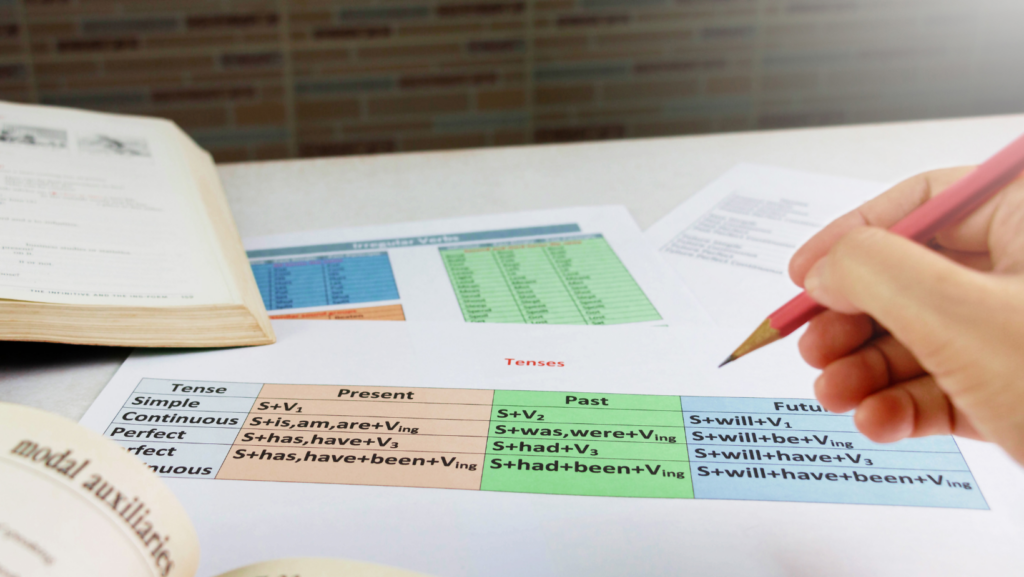Navigating Common Mistakes and Achieving Fluency

Learning a new language can be an exciting and rewarding journey. However, it’s natural for language learners to stumble upon common mistakes along the way. In this discussion, we will explore the most prevalent mistakes made by language learners and provide practical tips to avoid them. We will also delve into strategies for efficiently using the English language, thereby reducing mistakes in the long run.

Neglecting Pronunciation and Intonation:
One of the most common mistakes that language learners make is overlooking pronunciation and intonation. Failing to focus on these aspects can hinder effective communication. To overcome this, immerse yourself in English-speaking environments, listen to native speakers, and practice speaking aloud. Record yourself and compare it to native speakers to identify areas for improvement. Mimicking natural intonation patterns and stressing the correct syllables will significantly enhance your language skills.

Overlooking Grammar and Syntax:
Grammar rules are the backbone of any language, and overlooking them can lead to frequent mistakes. Develop a strong foundation by studying grammar systematically. Consult reliable grammar resources, participate in language exchange programs, or seek the guidance of a language tutor. Regularly practice constructing sentences using various grammar patterns to reinforce your understanding and ensure correct usage.

Limited Vocabulary:
Lack of vocabulary can impede effective communication and expression. Expand your vocabulary by reading extensively in English. Engage with a variety of materials, such as books, newspapers, blogs, and online articles. Maintain a vocabulary notebook to jot down new words and review them regularly. Incorporate these words into your everyday conversations and writing to internalize them effectively.

Fear of Making Mistakes:
The fear of making mistakes often holds language learners back from taking risks and engaging in conversation. However, embracing mistakes as valuable learning opportunities is crucial for progress. Build your confidence by actively participating in conversations, seeking feedback from native speakers, and joining language learning communities. Remember, making mistakes is an inherent part of the learning process.

Limited Practice:
Consistent and regular practice is vital for language acquisition. Merely studying grammar and vocabulary will not suffice. Set aside dedicated time for language practice every day. Engage in activities such as speaking with native speakers, watching English movies or TV shows, listening to podcasts, and writing in English. Consistency will gradually improve your fluency and reduce mistakes over time.

Translating Directly from Native Language:
Attempting to translate directly from your native language can lead to awkward and inaccurate sentences. Instead, immerse yourself in the English language and think in English as much as possible. Practice forming sentences directly in English without relying on translation. This will help you develop a natural flow of expression and avoid common translation errors.

Neglecting Cultural Context:
Language is intimately tied to culture, and neglecting cultural context can hinder effective communication. Learn about the cultural nuances and idiomatic expressions commonly used by English speakers. This understanding will not only prevent misunderstandings but also make your language usage more authentic and relatable.
…
Mastering a new language requires time, effort, and dedication. By being aware of the common mistakes language learners make and actively working to avoid them, you can accelerate your language learning journey. Embrace regular practice, focus on pronunciation and grammar, expand your vocabulary, and foster cultural understanding. Remember, learning a language is a lifelong process, and the more you engage with the English language, the more efficient and accurate your usage will become.
